On September 17, the “Pu'er Jingmai Mountain Ancient Tea Forest Cultural Landscape” was inscribed on the World Heritage List at the 45th session of the UNESCO World Heritage Committee. This makes it China's 57th World Heritage Site.
Since the 10th century, the ancestors of the Bulang people discovered and recognized wild tea trees, utilizing the forest ecosystem to develop “under-the-canopy” tea cultivation techniques together with other indigenous groups like the Dai. Over a thousand years of protection and development, they have created a harmonious mountainous living environment where tea grows in the forest, villages nestle among the tea groves, and farming and other activities take place outside the tea forest. Today, the tea industry has become the “golden key” to prosperity for the local people, and guiding its development is crucial for the conservation of the cultural landscape of Jingmai Mountain.
The successful inscription is not an endpoint but the beginning of careful stewardship and inheritance. As the world's first tea-themed World Heritage Site, the “Pu'er Jingmai Mountain Ancient Tea Forest Cultural Landscape” embodies the simple ecological philosophy of the indigenous people who recognize and respect nature, coexisting in harmony with it. It vividly demonstrates the long history and outstanding achievements of Chinese Tea culture, serving as a testament to the wisdom of China's agrarian civilization and a model of benign human-nature interaction and sustainable development.
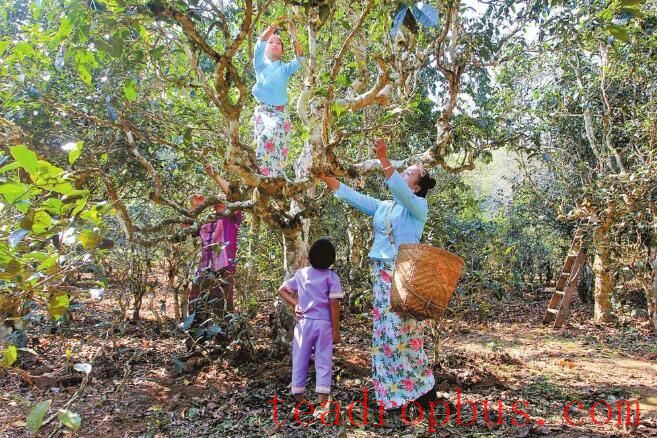
Picking ancient tea trees. Photo by Hu Meijun, Yunnan Daily News Group.
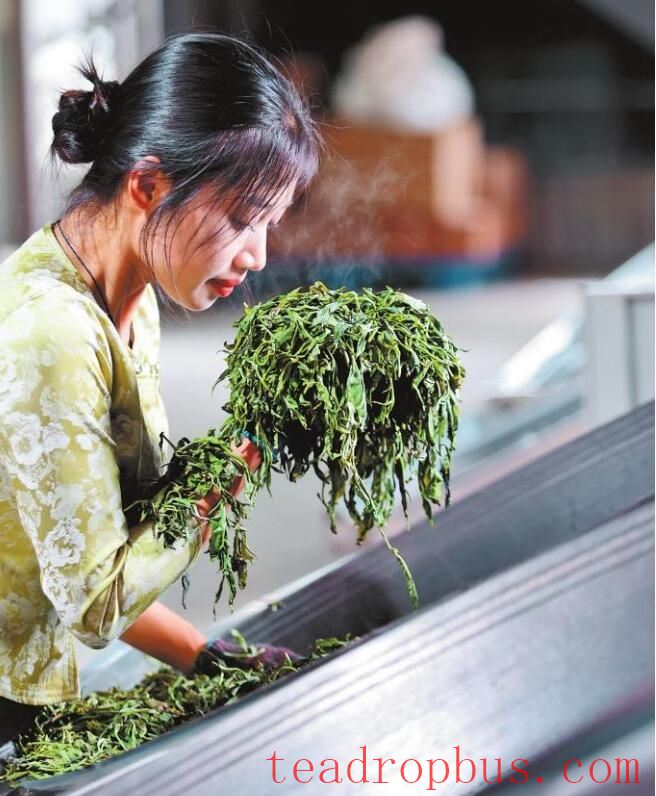
Tea farmers hand-processing tea. Photo by Chen Fei, Yunnan Daily News Group.
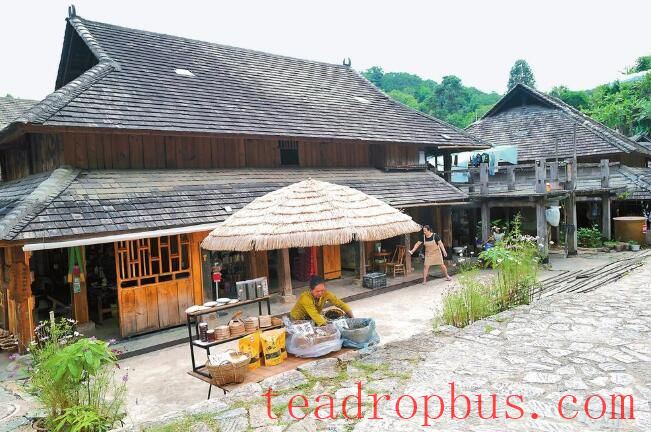
A tea-selling spot within the ancient town of Nuogang. Photo by Chen Fei, Yunnan Daily News Group.
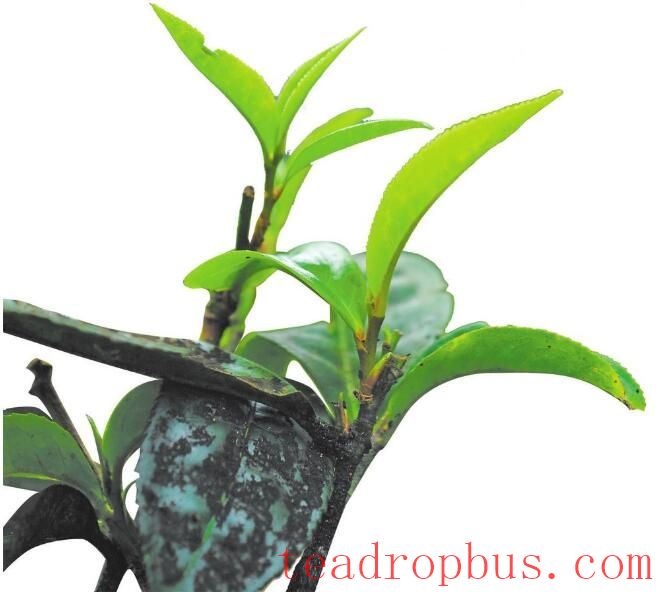
Tea bushes sprouting new growth. Photo by Chen Fei, Yunnan Daily News Group.
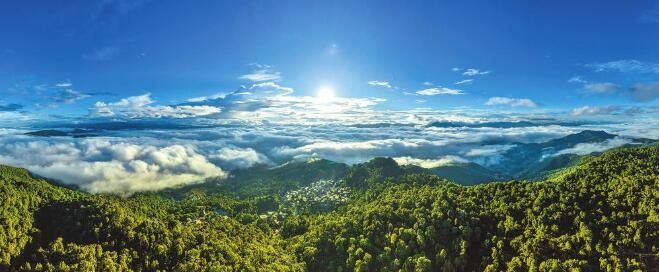
Cloud sea over the Village of Jingmai Mountain. Photo by Chen Fei, Yunnan Daily News Group.
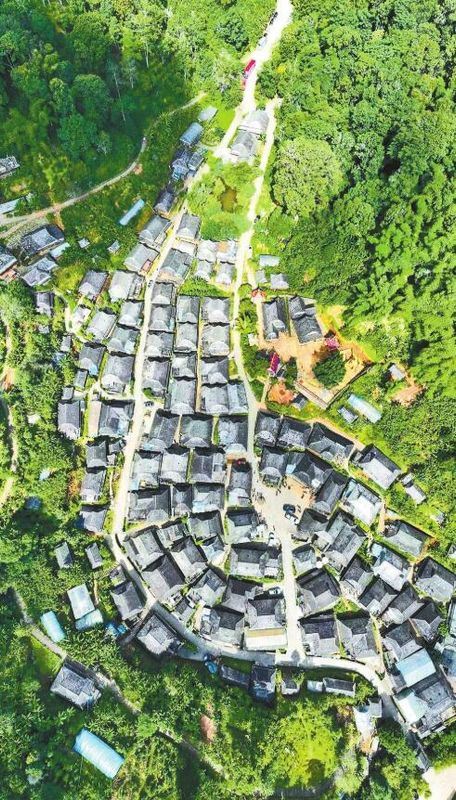
The ancient village of Nuogang on Jingmai Mountain. Photo by Xing Luyang, Yunnan Daily News Group.
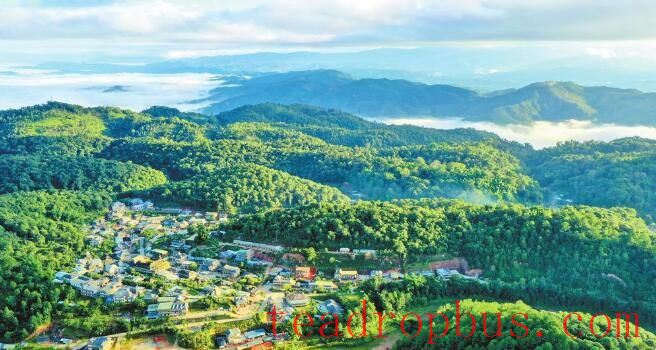
Sunlight shining upon Jingmai Mountain. Photo by Chen Fei, Yunnan Daily News Group.
A millennium-old tea forest exudes fragrance for miles, amidst vast clouds and mist. The successful inscription has further enhanced the reputation and appeal of Yunnan and Pu'er, injecting new momentum into the construction of a strong tourism and culture province in Yunnan. The future of Jingmai Mountain is sure to be even more brilliant and glorious.